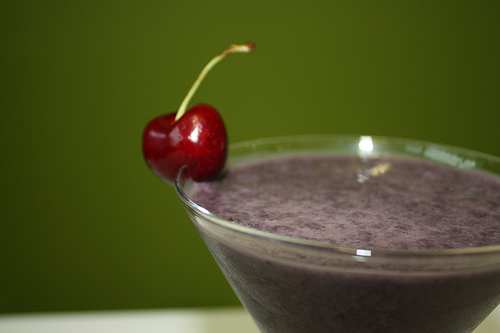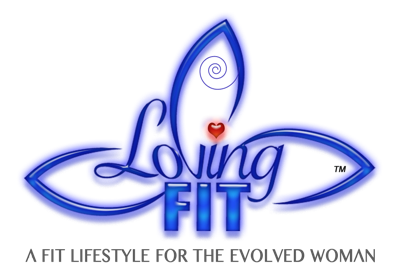Love That Workout Recovery Snack!

So you just worked out. Great, but as much as you should be satisfied with yourself, you’re not done yet. As any good athlete knows, half of exercise is recovery, meaning you need to recharge all the resources you’ve drained/damaged over the last hour. That, in turn, means you get to eat!
When you work your muscles, a number of things happen internally, including muscle break down. You experience millions of little micro-tears that need to be repaired. When they do, they come back stronger. That’s how we build muscle. To facilitate this, we rest and we provide those poor tortured muscle the building blocks they need to repair themselves in the form of amino acids, aka protein.
Protein is actually made of twenty different aminos, including nine essential ones. These little buddies function in endless ways in addition to repairing muscle. However, your body can only use so many amino acids at a time. If you eat too many, the excess will either be converted to energy or, if you’re already good for energy, be converted to triglycerides and stored as body fat.
So you’re not going to get ripped by snarfing down a dozen raw eggs, Rocky-style. The average body can absorb about 30 gram of protein per meal for protein-specific purposes at a time (http://www.adajournal.org/article/S0002-8223(09)00769-X/abstract). Do the math on this and you’ll see that Joe Average should consume about .8 grams of protein per kilogram of body weight daily (as opposed to pound of body weight). While, according to the International Society of Sports Nutrition, Joe (or Josephine) Fitness benefit from upping that number to 2 grams per kilogram (http://www.jissn.com/content/4/1/8).
But here’s the problem. Even fast-digesting proteins such as whey take their sweet time getting to your muscle. This can be an issue considering there’s a brief window post-workout when nutrients absorb better.
So it’s at a time like this that carbohydrates will be your friend.
With the exception of fiber, every carb you eat breaks down into glucose, the sugar that fuels your body. When you have all the glucose you need, the body converts excess to glycogen, a blood sugar back-up, which it stores in the liver and muscles. When your glycogen stores are full, your body starts converting glucose to fat, just like protein, only more readily.
Another issue with carbs is that when you consume too many too fast without fiber, fat, or protein to slow them ? as happens when you eat refined flours or sugars ? it can cause blood sugar spikes which can eventually exhaust your system and lead to type 2 diabetes, among other issues.
But post workout, your relationship with carbs totally shifts. When you’ve worked out hard and worked your muscles, you’ve drained your blood sugar and tapped into the glycogen stores in said muscles. How do you know if you’ve done this? You. Just. Feel. Wiped. Out.
So when you take in carbs at that point. Two things happen. First, they absolutely fly in, getting to muscles super fast. And two, they don’t cause a blood sugar spike because they’re recharging depleted stores.
And here’s where it gets really cool. Remember those stubborn proteins you needed that didn’t want to absorb? If you consume them with the carbs, they’ll rush in too!
The balance for this is a subject for some debate. According to Drs. John Ivy and Robert Portman in their book Nutrient Timing: The Future of Sports Nutrition, the ideal number ranges from three carbs to one protein to six carbs to one protein. Those numbers can range though, so it’s important to experiment and find the right number for you.
There are a number of great sports sups on the market that hit this carb-to-protein range, but don’t feel beholden to the supplement industry to get your proper nutrition. Almond milk or glass of juice with a little protein powder in it can hit those numbers. Other whole foods options might work too. If you get a little extra fiber or fat in there, it’s not ideal, but it won’t completely wreak your efforts either.
So put those weights away and grab your second most important fitness tool: a fork. It’s time to recover.
Denis Faye been a professional journalist for 20 years, writing for Surfer, the New York Times, the Los Angeles Times, Los Angeles Magazine, Outside, Wired, Men’s Health, Men’s Journal, GQ, Surfer, and Pacific Longboarder. He credits a 5-year jaunt through Australia for a 50 pound weight loss and his transformation into the fitness and sports enthusiast he is today. His sports include swimming, scuba, trekking, rock climbing, mountain biking, spelunking, and — most importantly — surfing. Denis now writes for Beachbody, a leader in home workout programs. Beachbody is launching a new version of it’s revolutionary and popular workout video program; P90X2, which delivers an even more advanced fitness workout.







